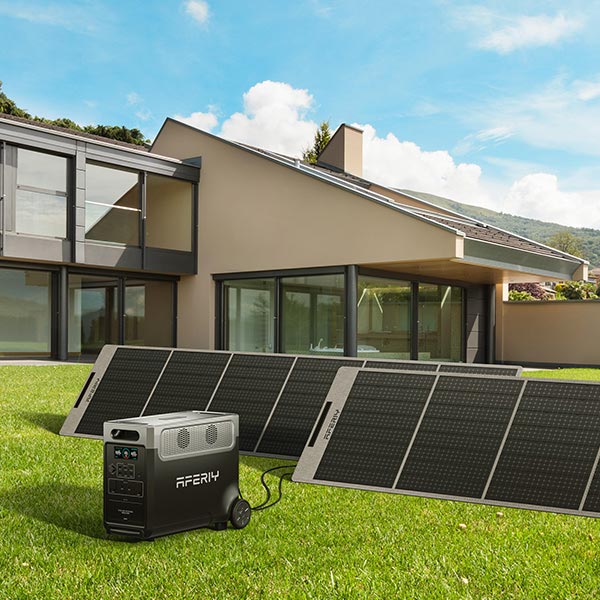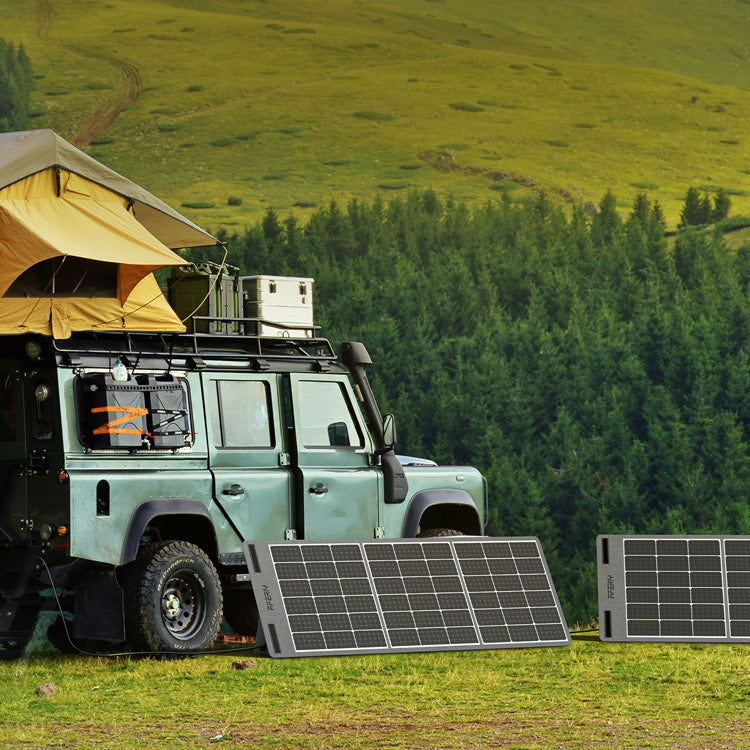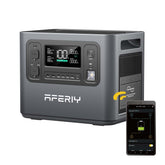How to Choose the Best Solar Power System for You in 2023
In the year 2023, the world is witnessing an unprecedented surge in the adoption of renewable energy sources, with solar power taking center stage. As traditional energy sources face environmental challenges and resource constraints, the significance of transitioning to sustainable alternatives cannot be overstated.
Solar power, derived from harnessing the energy of the sun through solar panels, has emerged as a clean, abundant, and increasingly accessible solution. The aim of this guide is to assist you in making an informed decision about selecting the best solar power system tailored to your needs, preferences, and the unique characteristics of your property.
Assessing Your Energy Needs

To embark on the journey toward selecting the optimal solar power system, you must first understand your energy consumption patterns. Scrutinize your past energy bills to uncover your average energy usage. This data will serve as a foundation for determining the appropriate size of the solar power system.
Consider not only your present energy requirements but also potential future changes. Will you be incorporating energy-intensive appliances like electric vehicles or home automation systems? Anticipating these changes is essential for selecting a system that can accommodate your evolving energy needs.
Evaluating Your Property's Solar Potential

Before committing to a solar power system, it's imperative to conduct a thorough assessment of your property's solar potential. The efficiency of your solar panels is directly correlated with the amount of sunlight they receive. Evaluate the location, orientation, and angle of your roof to determine its suitability for solar panel installation.
Take into account any potential obstructions such as trees, nearby buildings, or other structures that could cast shadows on your panels. To ensure accuracy, consider enlisting the expertise of a solar professional who can provide a detailed assessment of your property's solar capabilities.
Understanding Different Solar Power System Types
Solar power systems come in various configurations, each catering to distinct needs and preferences. Grid-tied systems are connected to the utility grid, allowing you to feed excess energy back into the grid in exchange for credits.
Off-grid systems are self-sufficient and independent from the grid, making them ideal for remote locations. Hybrid systems combine the benefits of both grid-tied and off-grid systems, offering energy storage capabilities for backup power during outages.
Determining the Appropriate Size of the Solar Power System

Selecting the right size for your solar power system is a pivotal step in maximizing energy generation and optimizing your investment. Rely on historical energy consumption data to calculate your average daily and monthly energy needs.
Factor in any future changes that might affect your energy consumption, such as a growing family or the addition of energy-intensive appliances. Striking a balance between system size, available roof space, and your budget ensures an efficient and cost-effective solution.
Researching and Comparing Solar Panel Manufacturers
Solar panels are the heart of any solar power system, and choosing a reputable manufacturer is paramount. Conduct thorough research to assess the reputation, reliability, and performance of different manufacturers.
Efficiency and durability are key considerations; highly efficient panels generate more energy from the available sunlight. Delve into warranty options and customer support to ensure the longevity of your investment.
Exploring Additional System Components

While solar panels are the primary energy generators, additional components play integral roles in a comprehensive solar power system. Inverters are responsible for converting the direct current (DC) produced by the solar panels into the alternating current (AC) used in your home.
Batteries provide energy storage capabilities, enabling you to store excess energy for nighttime use or during power outages. Monitoring systems allow you to track energy production and consumption, providing insights into your system's performance.
Assessing the Financial Aspects
A crucial aspect of transitioning to solar power is evaluating the financial implications. Calculate the return on investment (ROI) for different system sizes and configurations.
Explore financing options such as loans or leases to make the upfront investment more manageable. Investigate government incentives, rebates, and tax credits that can significantly reduce the initial cost of installing a solar power system.
Seeking Professional Advice

While embarking on the solar journey can be exciting, it's important to seek guidance from professionals. Consult established solar installation companies to obtain multiple quotes, enabling you to compare prices, services, and equipment offerings.
Ensure that the companies you consider are licensed, certified, and have a proven track record. Request references and read reviews to gauge their credibility and customer satisfaction.
Finalizing Your Decision
With a wealth of information at your disposal, it's time to finalize your decision. Take into account all the factors you've explored – your energy needs, property suitability, system type, panel efficiency, financial considerations, and professional advice – to make an informed choice.
Once you've selected the ideal solar power system for your home, sign the contract and schedule the installation. Prepare your property by clearing any obstacles and ensuring a smooth installation process.
Wrap Up
In the dynamic landscape of renewable energy, harnessing the power of the sun through solar panels has become a transformative choice for individuals and communities alike. As the year 2023 unfolds, the importance of selecting the best solar power system for your needs cannot be emphasized enough.
By evaluating your energy requirements, understanding your property's solar potential, exploring system types, sizing your system appropriately, researching manufacturers, delving into components, assessing financial aspects, seeking professional advice, and finalizing your decision, you're taking significant steps toward a sustainable and energy-efficient future.
The sun's energy is a boundless resource waiting to be harnessed, empowering you to make a positive impact on the environment while enjoying the benefits of cleaner and more affordable energy.











Leave a comment
Please note, comments need to be approved before they are published.